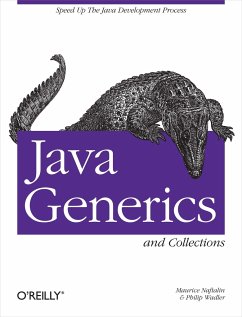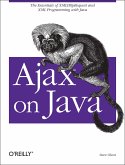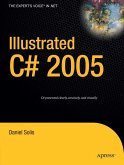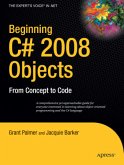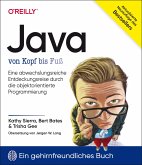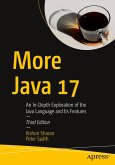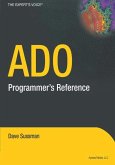This comprehensive guide shows you how to master the most important changes to Java since it was first released. Generics and the greatly expanded collection libraries have tremendously increased the power of Java 5 and Java 6. But they have also confused many developers who haven't known how to take advantage of these new features.
Java Generics and Collections covers everything from the most basic uses of generics to the strangest corner cases. It teaches you everything you need to know about the collections libraries, so you'll always know which collection is appropriate for any given task, and how to use it.
Topics covered include:
- Fundamentals of generics: type parameters and generic methods
- Other new features: boxing and unboxing, foreach loops, varargs
- Subtyping and wildcards
- Evolution not revolution: generic libraries with legacy clients and generic clients with legacy libraries
- Generics and reflection
- Design patterns for generics
- Sets, Queues, Lists, Maps, and their implementations
- Concurrent programming and thread safety with collections
- Performance implications of different collections Generics and the new collection libraries they inspired take Java to a new level
If you want to take your software development practice to a new level, this book is essential reading.
Philip Wadler is Professor of Theoretical Computer Science at the University of Edinburgh, where his research focuses on the design of programming languages. He is a co-designer of GJ, work that became the basis for generics in Sun's Java 5.0.
Maurice Naftalin is Technical Director at Morningside Light Ltd., a software consultancy in the United Kingdom. He has most recently served as an architect and mentor at NSB Retail Systems plc, and as the leader of the client development team of a major UK government social service system.
"A brilliant exposition of generics. By far the best book on the topic, it provides a crystal clear tutorial that starts with the basics and ends leaving the reader with a deep understanding of both the use and design of generics." -- Gilad Bracha, Java Generics Lead, Sun Microsystems
Java Generics and Collections covers everything from the most basic uses of generics to the strangest corner cases. It teaches you everything you need to know about the collections libraries, so you'll always know which collection is appropriate for any given task, and how to use it.
Topics covered include:
- Fundamentals of generics: type parameters and generic methods
- Other new features: boxing and unboxing, foreach loops, varargs
- Subtyping and wildcards
- Evolution not revolution: generic libraries with legacy clients and generic clients with legacy libraries
- Generics and reflection
- Design patterns for generics
- Sets, Queues, Lists, Maps, and their implementations
- Concurrent programming and thread safety with collections
- Performance implications of different collections Generics and the new collection libraries they inspired take Java to a new level
If you want to take your software development practice to a new level, this book is essential reading.
Philip Wadler is Professor of Theoretical Computer Science at the University of Edinburgh, where his research focuses on the design of programming languages. He is a co-designer of GJ, work that became the basis for generics in Sun's Java 5.0.
Maurice Naftalin is Technical Director at Morningside Light Ltd., a software consultancy in the United Kingdom. He has most recently served as an architect and mentor at NSB Retail Systems plc, and as the leader of the client development team of a major UK government social service system.
"A brilliant exposition of generics. By far the best book on the topic, it provides a crystal clear tutorial that starts with the basics and ends leaving the reader with a deep understanding of both the use and design of generics." -- Gilad Bracha, Java Generics Lead, Sun Microsystems

